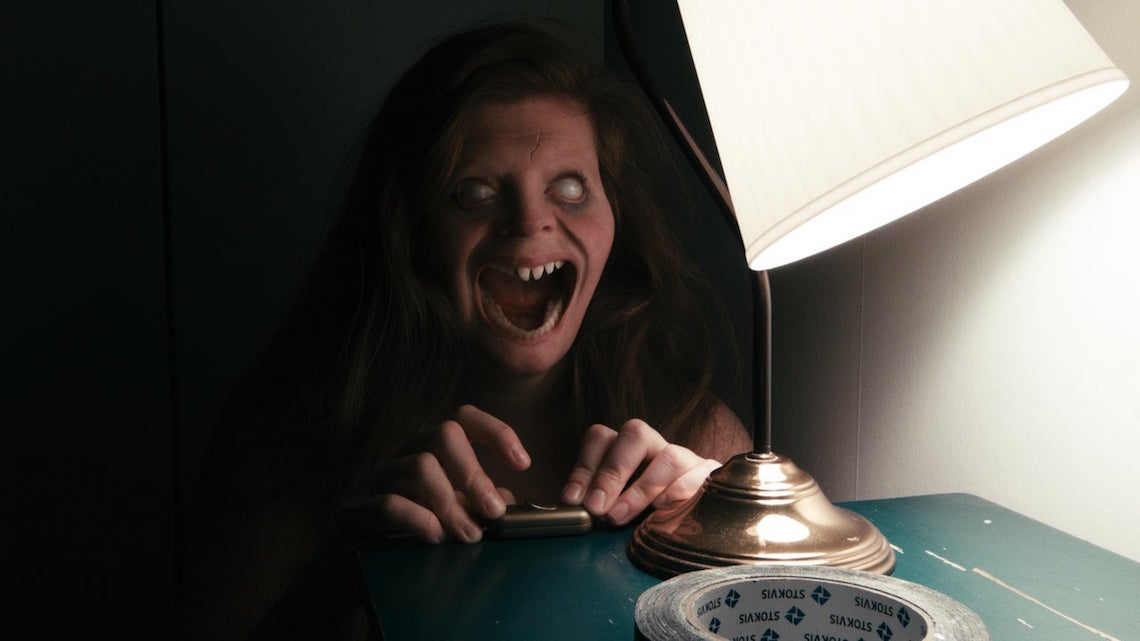The majority of short films I’ve seen I’ve found to be quite distant; they can be fairly unsatisfying to watch and fail to convey a concise message in the time given. Having made a number of short films myself, and assisted with the production of others, I feel I am nearing the truth as to why we feel so dissatisfied with many of the short films we see on video platforms like Youtube, Vimeo and Amazon Video Direct.
From as early as childhood we are used to hearing stories. We move from our parents telling us stories to telling them ourselves. These stories we are told as children always followed the same structure; an ordinary boy would encounter a strange obstacle and must figure his way out of it before he gets himself or others into trouble. This three-act structure that has been implemented for over a thousand years and is still as relevant as ever and an essential ingredient to the structure of most stories we see, hear, or read – each having a beginning, middle and end. Although this structure is prominent in feature length films, is it essential in Short Films, or is this the mistake we are making?
I was so focused on making sure that my scripts fit into the paradigm of the three-act, that I became oblivious to what was really happening in the story and the identity of the characters – what is the focus on, is it the premise of the story or the character that’s interesting? A short film must be very precise in being able to identify what the point is, where is the story heading and how can you get there in the least time possible – because when it comes to the short, the shorter the better. We spend so little time with the characters it is difficult to make them lasting in the viewers memory, so the story must be impactful and memorable in some way – by means of a twist, a joke, a scare etc – and this is most effective when done thoroughly and quickly.
If we consider celebrated Short Films that gained recognition for filmmakers and jump started their careers, the 2014 Award Winning short film, ‘Lights Out’ (David Sandberg), generated over four million views on Youtube and only two years later had its feature release. James Wan (The Conjuring, Furious 7, Insidious) produced the feature and David Sandberg had his directorial debut. ‘Lights Out’ consisted of a two-act structure, much like many horror shorts, the film would present the character in their ordinary world and end on the climax, offering no resolution to the problem. The misconception of Short Films needing to offer a resolution is incorrect; the need for this in feature length films is due to the audience investing two hours of their time and expecting to feel some catharsis at then end, but shorts do not hold this level of responsibility and they are free to play with the audiences emotions as we are less emotionally invested in the story.
Short films have the power to draw you into a character and portray a fraction of their lives or an an insight into a larger event taking place. You have the freedom to be funny or sad, terrifying, happy, drunken, tragic, or desperate. It can be dialogue that is conversation between people or it can use no dialogue at all. Your only restriction is the length. A short film can be anything between two minutes to forty minutes and can be about anything imaginable.
Jim Cummings, the Writer/Director and Actor of ‘Thunder Road,’ which won The Grand Jury Prize at Sundance Film Festival, starred as Officer Arnaud giving a eulogy at his mothers funeral. The film went viral amongst the Indie film circuit for both its comic appeal and sensitive subject matter, not to mention the aesthetics of only using a single take over the whole twelve minute short. With only two-acts, Cummings sets the scene and then brings us to the attention of the subject matter – his mothers eulogy – and his karaoke rendition of Bruce Springsteen’s Thunder Road, is both ridiculous and funny, but the brilliant vulnerability portrayed by Cummings is highly emotional. This film is nothing more than a snippet into Officer Arnaud’s life and his reaction to his mother’s death; presumably this was all the Director wished to convey and if so, it was very clear.
My third and final example would be the Oscar nominated 2003 Belgium comedy, ‘Gridlock,’ written by Johan Verschueren and Directed by Dirk Belië. The writing of this film is great, it offers a concise plot with an easy concept to follow and leads us to the climax which both shocks and disturbs; Dirk Belië gets away with this through his comedic ending and the dumb- founded guilt on the characters face when he realises what he’s done. At only 7:10 minutes in length, the film is long enough to set its scene with slow-pacing and then a sharp change in its tone as we realise the dark theme of the film. We are transfixed by the plot, but the clean ending allows us to distance ourselves with the slapstick punchline we desire to make the film less serious.
‘Anatomy of The Short‘ is an article written by Stefan J. Fideli. Check out more from Stefan on his Instagram page.

